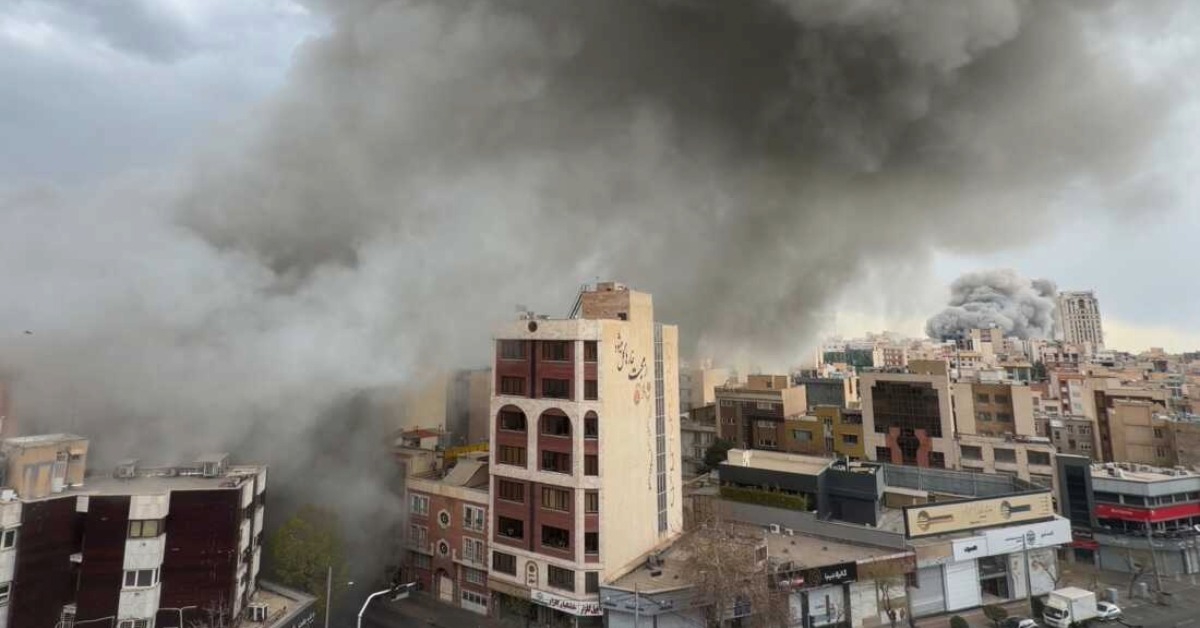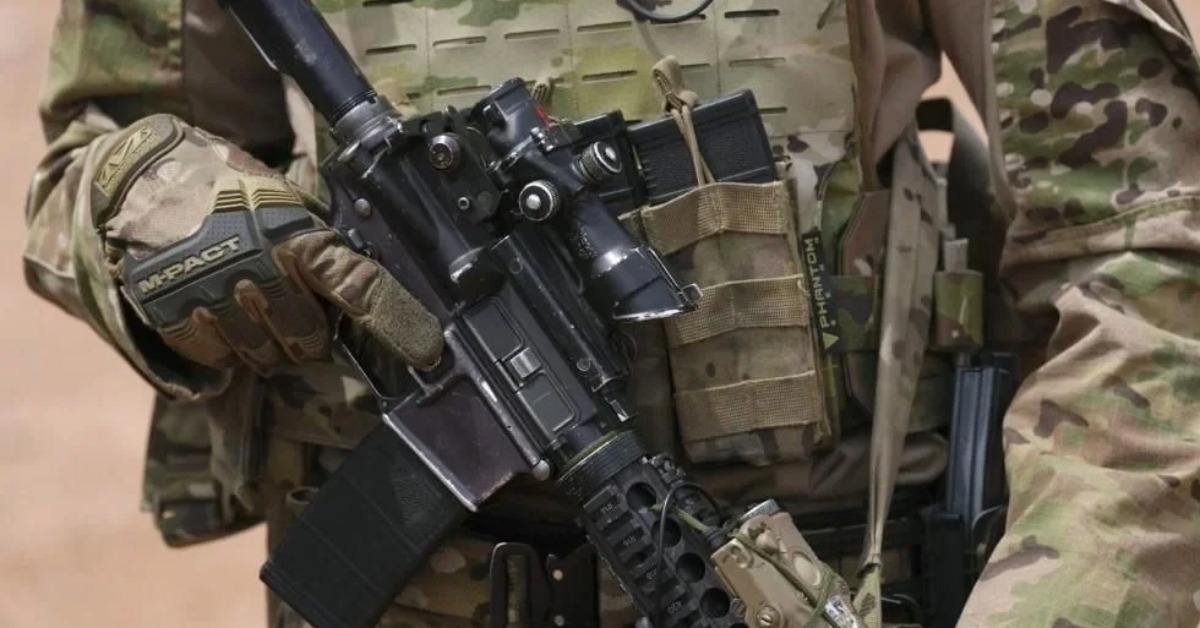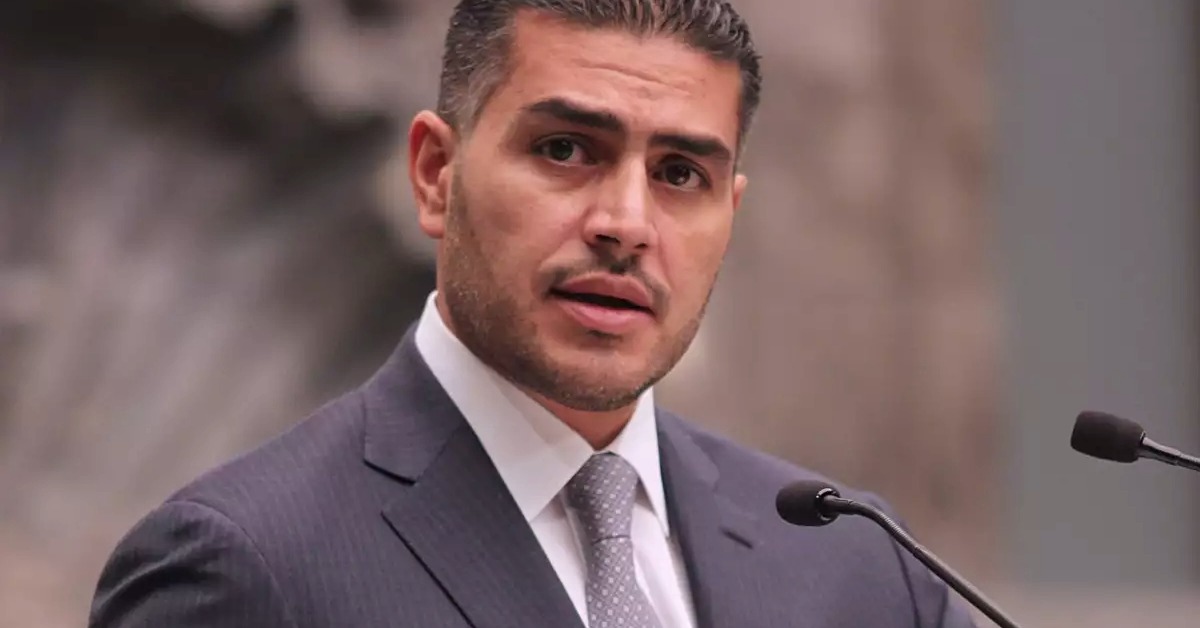Puerto Vallarta, Mexico - U.S. Ambassador Ken Salazar delivered sharp criticism Wednesday regarding Mexico’s approach to combating drug cartels, accusing the Mexican government of refusing vital aid and underestimating the severity of the crisis. In his strongest remarks yet on the issue, Salazar condemned rampant violence, systemic police corruption, and a governmental attitude that he claimed dismisses the gravity of the situation.






